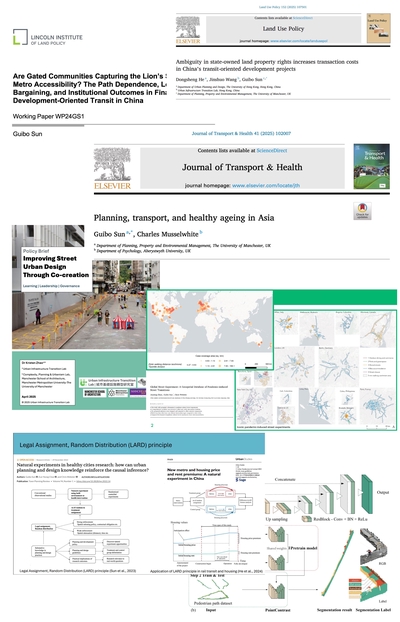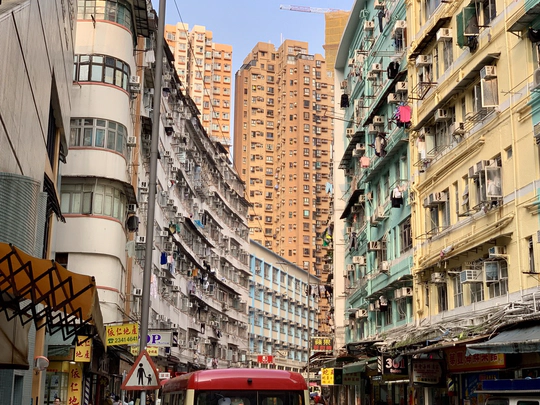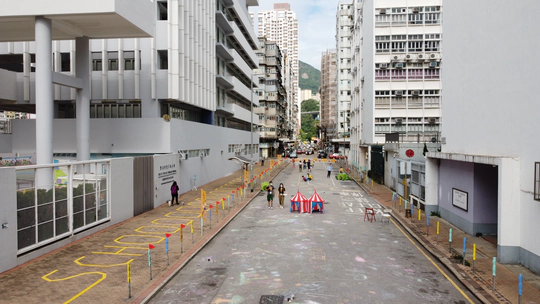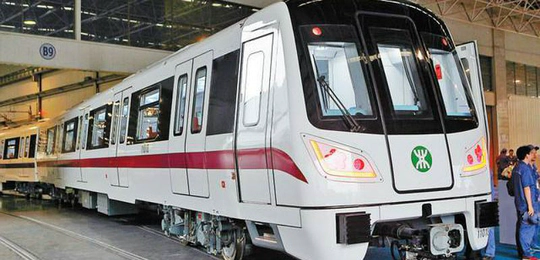Urban Infrastructure Transition Lab
A research lab advancing urban infrastructure intelligibility
About us
Urban Infrastructure Transition Lab (uLab-Infrastructure) focuses on understanding infrastructure financing and assessing its impact. The social, economic and health impacts of large-scale infrastructure interventions, such as new metro, urban renewal, large-block gated communities, and global street experiments, are profound. We specialise in using natural experiments to infer the causality of such impacts. We are interested in the institution and governance of the infrastructure financing, using experimental economics approaches to formulate the decision-making processes in local governments.
Our won several prestigious awards, including those from the Royal Town Planning Institute (UK), Lincoln Institute of Land Policy (USA), Hong Kong Institute of Surveyors, and International Association for China Planning. We have published articles in highly reputable journals and public policy reports. Our research and practice are funded by national and international competitive research grants and industry funds (over 1 million GBP).

Research Areas
Featured Publications
Recent News
We are truly honoured to receive the Research Excellence Award from the Royal Town Planning Institute.
This paper provides compelling evidence that ambiguity in state-owned land property rights significantly increases transaction costs in China’s transit-oriented development (TOD) projects. While the constitution defines the state as the de jure (legal) owner of urban land, multiple tiers of local government share de facto (practical) control, creating institutional uncertainty that complicates land use right transfers for TOD implementation.
We are delighted to share our recent publication “From push to partnership: evolving public engagement strategies in pandemic-induced street experiments” on the Journal of Urban Design. This study examines the diverse public engagement tactics applied in government-led street experiments emerged during the Covid-19 global pandemic. Differentiating the tactics, we classified the public engagement approaches into three main structures - Push-Pull, Lean Push-Pull-Network, and Rich Push-Pull-Network. The finding emphasises the importance of rich engagement structure in fostering longer lasting street experiments.
We recently published “Beyond temporary measures: How experiential learning in street experiments shapes urban mobility transitions” on Environmental Innovation and Societal Transitions. This study examines the role of local government implementers’ learning in sustaining tactical urbanism practices, specifically through the lens of street experiments implemented during the COVID-19 pandemic.
Contact Us
We welcome consultancy work, intellectual exchange with scholars, and collaboration with practitioners.
- guibo.sun@manchester.ac.uk
- Oxford Road, Manchester, UK,





